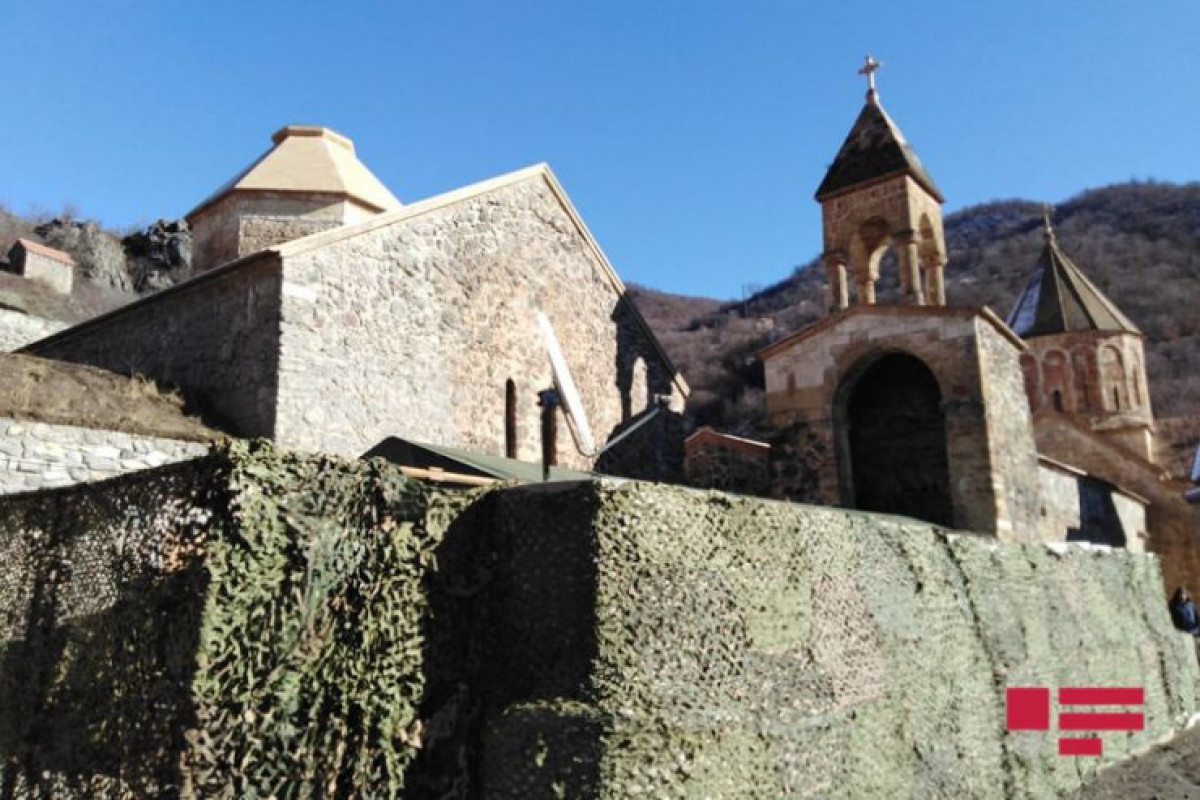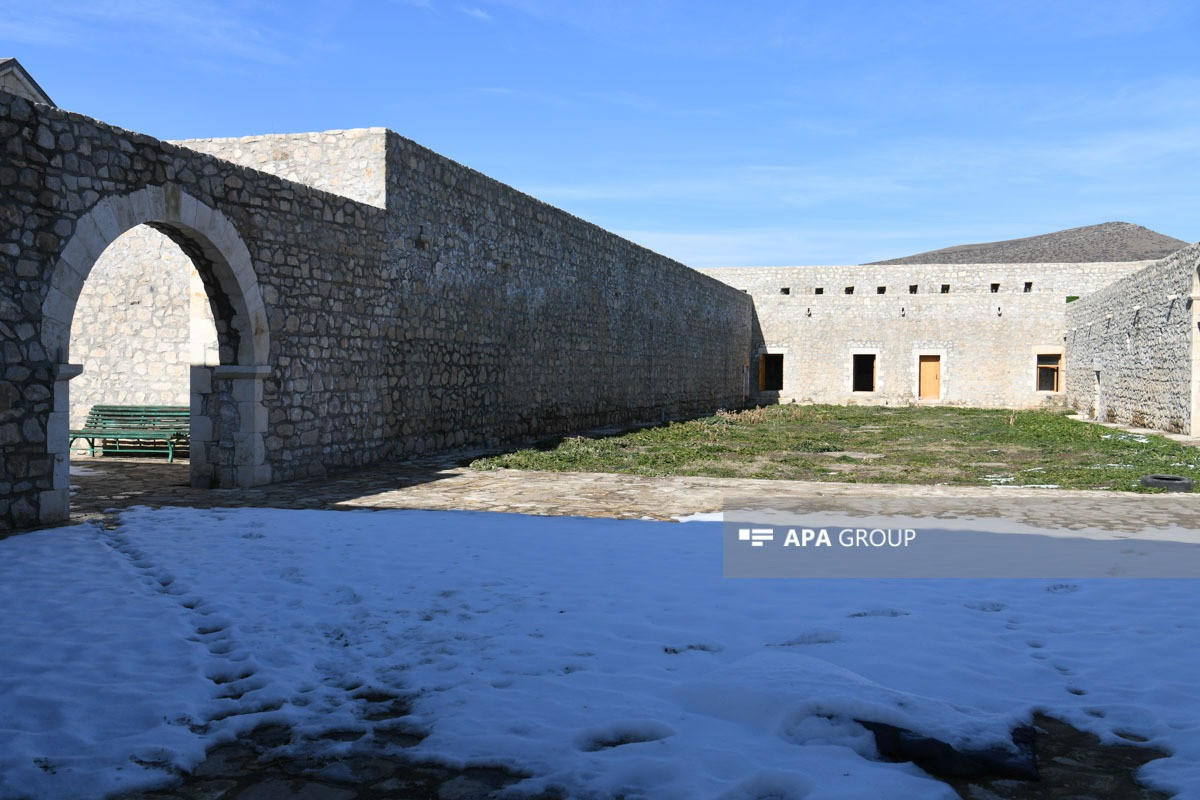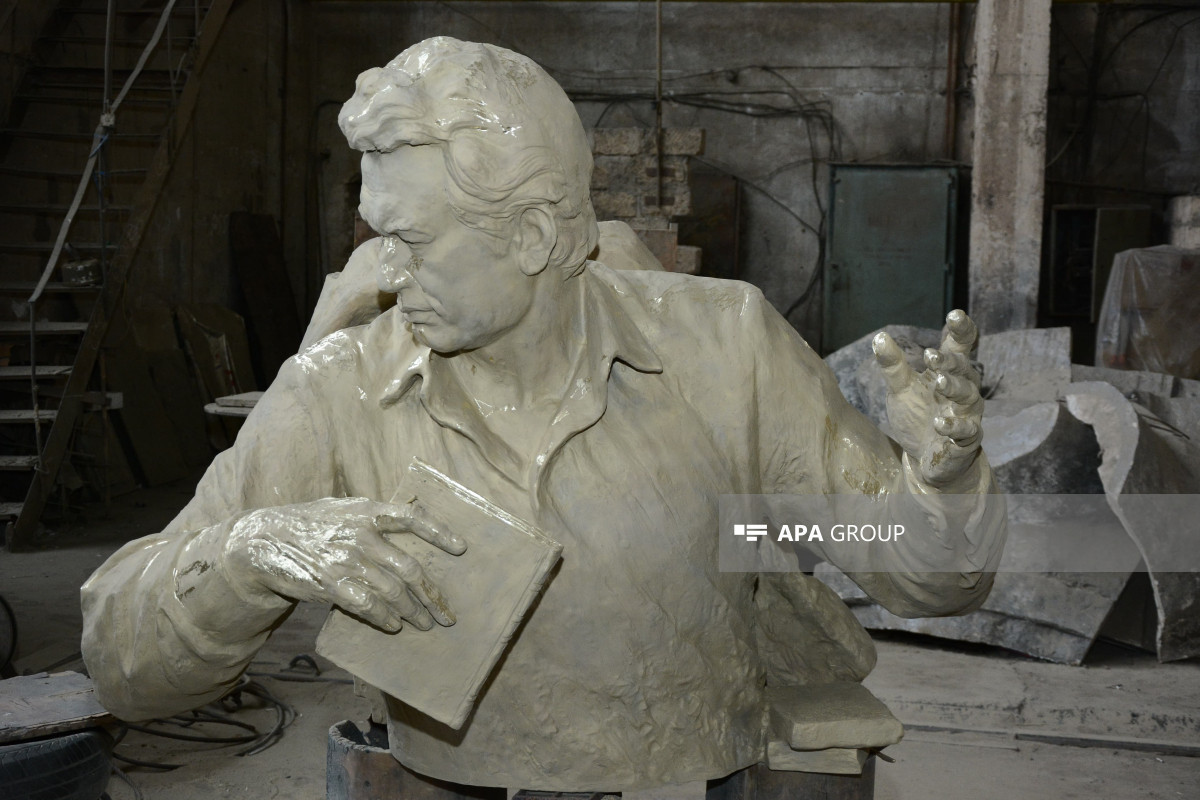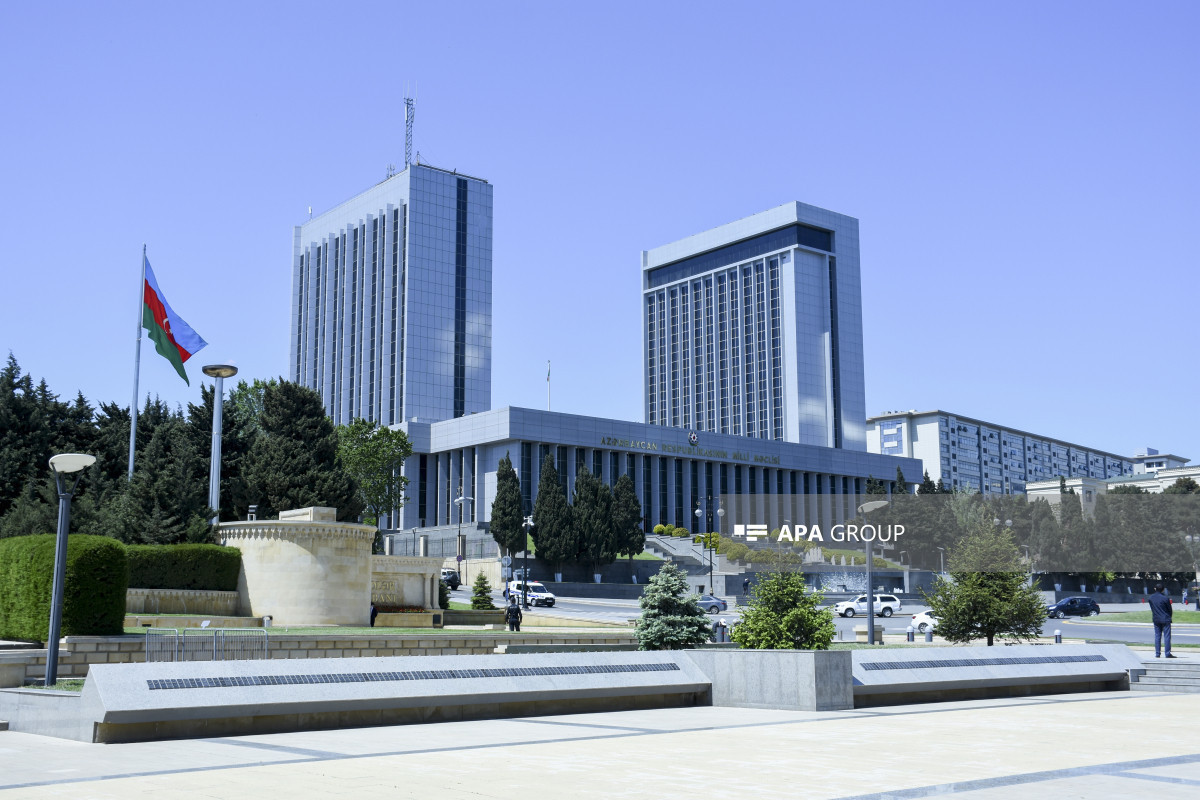Anar Kerimov, the head of the Permanent Delegation of Azerbaijan to UNESCO, was interviewed by APA News Agency.
- Mr Ambassador, the discussions in connection with the inclusion of the historic part of the city of Sheki and the Palace of Sheki Khans on the World Heritage List were rather tense. How do you assess the discussions?
- All witnessed how intense the discussions were. This indicates that the inclusion of any sample of heritage on the World Heritage List is not an easy process. This requires the fulfillment of certain criteria, conditions. This is also understandable. Because in the world there are about a million samples of heritage. But only about a little over a thousand of them are on the World Heritage List. This means that only a certain number of cultural heritage are universal. To my mind, inclusion in the historic center of Sheki with the Khan's Palace on the World Heritage List, one of the ancient cities of Azerbaijan, which embodies our ancient traditions is a great pleasure for us.
- Sheki nomination was twice discussed at UNESCO session before this, but it was not adopted.
-Our foreign and local experts have been working on this folder for over six years. This issue was first discussed at the 41st session of the World Heritage Committee in Krakow in 2017. Of course, there were some problems. The Committee mentioned the value of Shaki in that session but decided to return the folder to the country because of problems in certain areas. Because there were certain problems in the area of storage, conservation and management of this facility and Shaki did not respond to the requirements. The Committee with the majority of the voice decided to return back the folder to Azerbaijan and we were asked to fulfill certain requirements. During the two years, significant work was carried out with the concern of the Azerbaijani government and Mr. President and under the supervision of the Azerbaijani VP. As mentioned in the discussions, Mr. President has signed two decrees related to this. State Tourism Agency was established. A special body was established within the Agency that was responsible for Shaki. Then the financial and technical capabilities of this organization were strengthened. We have tried to fulfill the requirements set out in Krakow for two years. At the beginning of the current year, we presented a report regarding this to ICOMOS (the International Council on Monuments and Sites ) and Heritage Center.
- What was the ICOMOS objecting to?
- The problem was a legal gap. This was also mentioned by the members of the Committee. The heritage cannot be denied any longer by the ICOMOS whose value has already been adopted by the Committee. It made a dilemma. This dilemma was well-debated in the discussions regarding Sheki. And it was determined that ICOMOS should respect the decisions made by the Committee and should not re-consider it. As a member state Azerbaijan has carried out enough work, ICOMOS should consider it and should not question the value of this heritage. The intense discussions were held around this. Some countries at the Committee supported the review of the ICOMOS. As you see, the majority of the countries defended the position of Azerbaijan.
- During the discussions, you made a statement that Azerbaijan was trapped and I would not want the other states to be trapped. What did you mean when you said "trap"?
-I meant exactly that legal gap. When we present the nomination as a member state in Krakow we were trapped. We hope that other countries will not be trapped in the future. I am convinced that a positive outcome of these discussions will be that the procedures will be re-developed and perfect, and other member states will not face such kind of problems in the future. Perhaps the best part of our encounter with such a problem is that it will signal both committee members and ICOMOS, the same problems will not be repeated, and member states which want to apply the heritage list will not face such difficulties.
- The representative of ICOMOS said that the report related to the fulfillment of the requirements was not submitted.
-It was about additional information. According to the decision of the 41st session of the UNESCO Heritage Committee, we were not required to submit such kind of information.
-Now it was claimed, that additional information required?
-No, they also confess that such additional information has not been required. Since not any further information has been provided, ICOMOS cannot comment on the value of this property. Therefore the recommendation adopted at 41st session has been in force. This was a legal collision. But we also consider that ICOMOS should not return to the value issue. Because the value issue of this heritage, meeting the criteria have been discussed and proven at the 41st session. Our opinion was that ICOMOS should not return to this issue again at the Baku session. ICOSMOS should only add its assessment to the decision adopted at Krakow.
- I think the most intense discussion of Baku session was about Shaki.
-I also think so
- Even there had no lunch break.
-Yes. They tried to solve this issue before lunch. The chairman also tried for this.
-Apparently, you also were stressed
-It was tense moments, because as you see each Committee members have their own mind. But it was very good that most committee members mentioned about this legal gap, and suffer from Azerbaijan, Committee, and ICOMOS from this legal gap. We also confessed this and did not accuse anyone. We also mentioned that we understood the fall of ICOMOS to the legal gap. But meanwhile, we brought to attention that ICOMOS had not got into a dialogue with us on the eve of this period. They had not applied about this gap either before or on the eve of the session. Maybe we could find another way and do not face such kind of difficulties.
- If a positive decision has not been adopted regarding Shaki issue, would this issue not be discussed anymore?
-No, there was not such a rule.
-If was not included this time, would it be discussed at the 44th session that will be held in China?
-Sincerely, we were ready for this possibility. If the nomination was returned as it was in Krakow, we would prepare for the next session. We were ready for this. We believed that it is a process. Intergovernmental discussions are underway, experts express their opinion. If the Committee made a decision that further information is requested, then we would respect to the decision of the committee and try to deliver this information at the session that will be held in China, at least there Shaki to be included to the heritage list.
- Which monuments will be applied for inclusion in the World heritage list after Shaki?
- The work is underway about this issue. It is difficult to say something exact. Because it is a long and difficult process. As it is seen different demands and trends exist. Even existing legal gaps creates difficulties for countries. But if we consider that the part Hirkan forests belonging to Iran have been included to the World Heritage list at this session, then Azerbaijan has the opportunity to present parts of Hirkan forests that belong to us at the future sessions with Iran. Relevant measures have been taken regarding this issue. Negotiations have been held with experts, as well as held meetings with Iran side. I am sure that these negotiations will be continued. The Ministry of Ecology and Natural Resources also works very actively in this field. I hope that Hirkan forests will be included in the World Heritage list at the future sessions.
- What are the benefits of inclusion of the monument on the World Heritage List? Can you give a more accurate answer to this question?
- I think the benefit of this can be explained with three components. First one is cultural, second is an economic and third political component. What is a cultural component? In my opinion, it is the most important component. The inclusion in the list makes a great boost to the protection of this heritage and creates great opportunities. Because now this it is considered not only Azerbaijan’s heritage, but also universal heritage and the attention of the whole world to it grows. Certain standards begin to be applied to it. These standards also serve for the stronger protection, effective conservation of this monument. I believe that it is the greatest privilege. We have to protect our cultural heritage, and the best example of this protection is the application of international standards. The economic component is that the inclusion in the list serves to the attraction of tourists. This allows the country to add additional financial resources. The political side is that it is the recognition of the culture and heritage of the country. Now you can achieve international recognition of your heritage.
- We would want you to share your ideas on Baku’s hosting 43rd session of the UNESCO…
- Certainly, our relations with the UNESCO are getting stronger. Azerbaijan became a member of the UNESCO in 1992. The relations are strengthening in line with development. I should mention Mehriban Aliyeva, the first Vice-President of the Republic of Azerbaijan and a goodwill ambassador of the UNESCO in this issue. Our relations with the UNESCO entered a new stage by nature after Mrs. Aliyeva became a goodwill ambassador of the UNESCO in 2004. Our cooperation became stronger, a lot of projects were implemented, and heritage examples of Azerbaijan were included in UNESCO’s Tangible and Intangible Cultural Heritage Lists. Anniversaries of genius people of Azerbaijan were recognized by the UNESCO. Azerbaijan was selected as a committee member. We can say much such kind of examples; in short, Azerbaijan demonstrated itself as a reliable co-operator and a loyal country to international collaboration and international dialogue in 27 years in the UNESCO. Since 2013, Azerbaijan has turned from a country that received assistance from UNESCO into a donor country of UNESCO. And this, of course, further strengthened our position, increased the number of our partners. It also had strategic goals. As you see, today Azerbaijan hosts the most prestigious event of the UNESCO, as Azerbaijan’s position is well-built in this organization. This reliance leans on Azerbaijan’s demonstration itself as a loyal co-operator in recent years.










